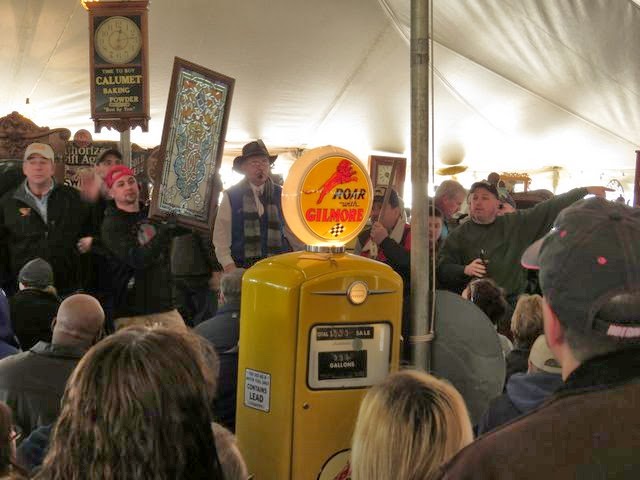One of the more charming aspects of life in Columbia is that the Susquehanna River is a 5-minute walk away. Easy to slip down and see what's going on at the water. Friday was warm and not rainy or snowy so we made the jaunt. Plenty of nice atmospheric views across the water into the setting sun.
Here you can see the old piers that once held a railroad bridge. These are just north of the Veterans Memorial Bridge that you always see in my river pictures. The story of both of these bridges, and how they were destroyed and rebuilt several times each is one of our more interesting local history topics.
Speaking of railroads, the riverfront all along the west side of the Susquehanna carries some serious rail traffic. They are Norfolk Southern lines here, at least. Last summer we noticed that the rough gravel between the various sets of tracks seems to attract killdeer. I am thinking they nest here.
On the river itself, the usual cast of ring-billed gulls were present, along with plenty of turkey vultures soaring overhead. This group of mergansers (red-breasted, I believe) was the only waterfowl spotted. The Columbia side of the river seems to be somewhat less attractive to the ducky types than the Wrightsville side, so I was happy to see anything.







.png)










.png)